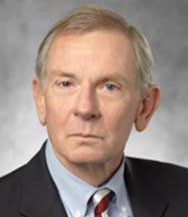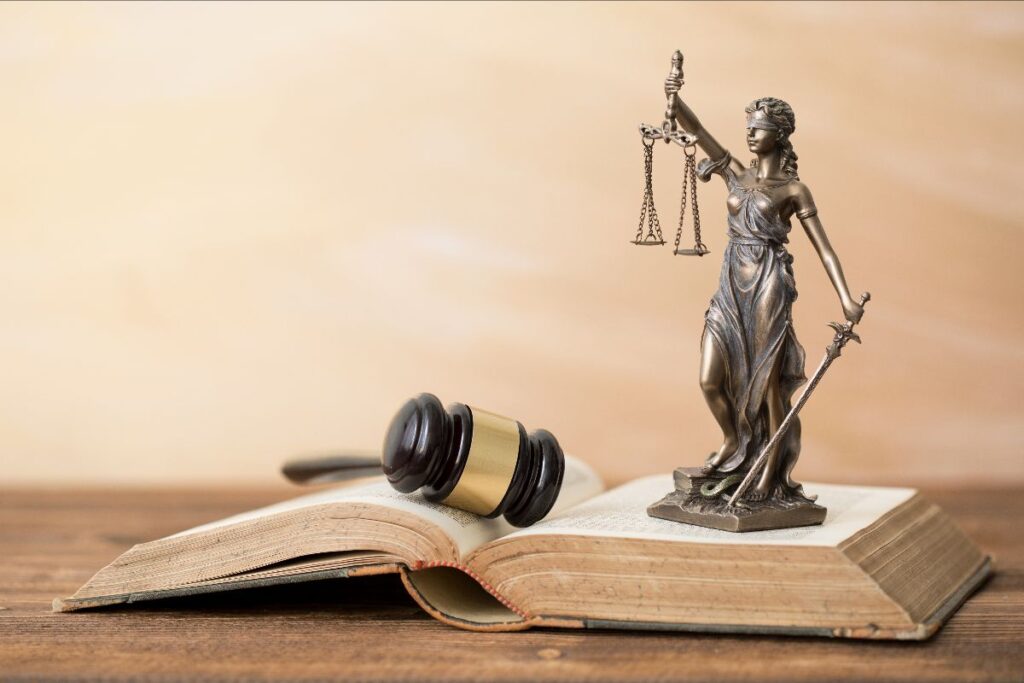Ethical Considerations for Pro Bono Representation
Ethical Considerations for Pro Bono Representation

One of the most rewarding aspects of an attorney’s job is providing pro bono services to those in need.[1] Though not required, lawyers are encouraged to provide pro bono legal services during their legal careers.[2] Pro bono work is also a great way for new attorneys to gain experience, develop new skills, and handle their own cases from start to finish.





